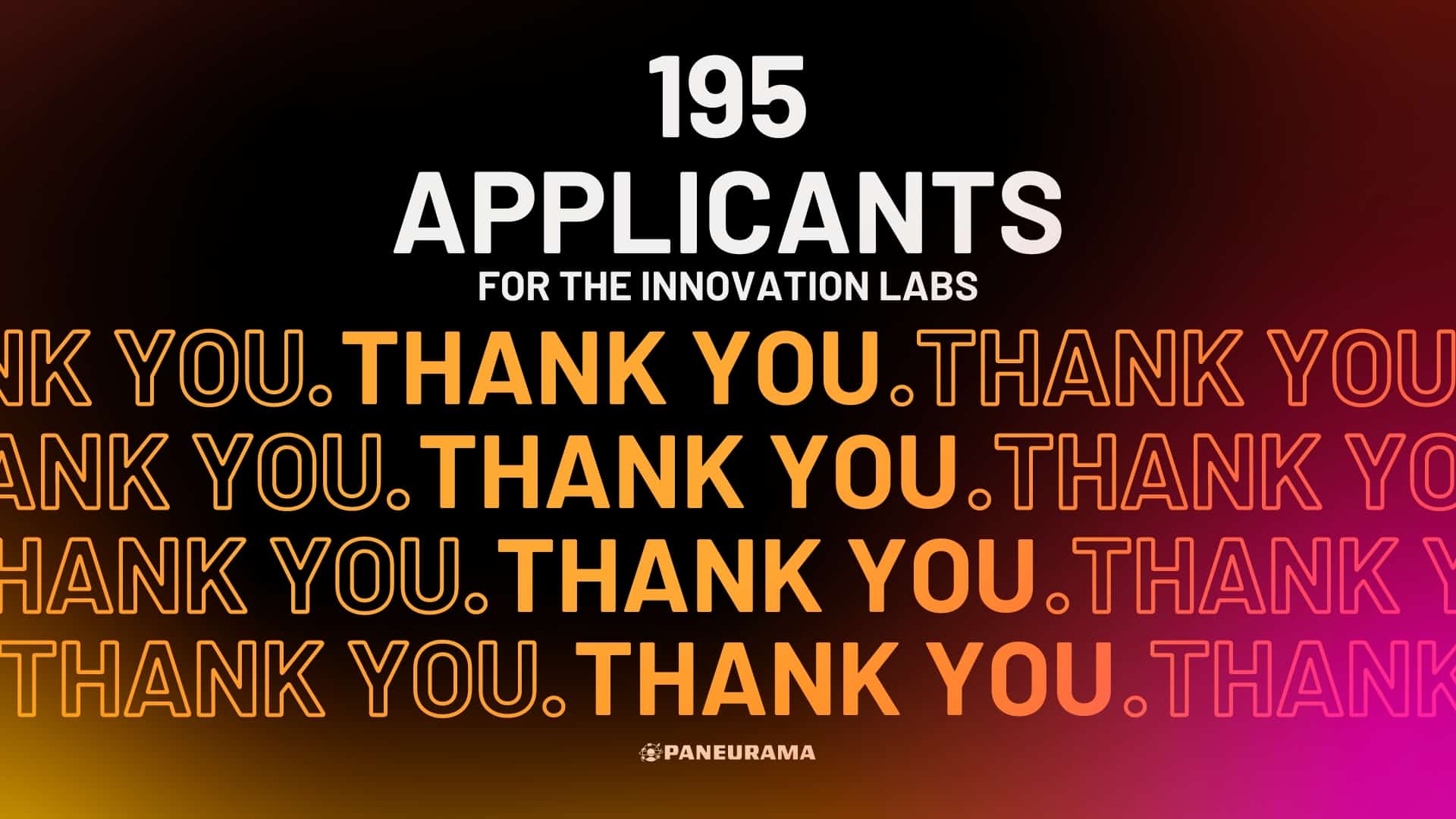We asked our team from the PANEURAMA project to briefly introduce themselves, share the areas they are working on, and respond to some questions addressing current challenges and opportunities in the industry.
We hope you will enjoy reading their insights. The interviewee is Alwyn Hunt from The Rookies.

Alwyn Hunt
Co-Founder
@The Rookies
Q: Can you provide a brief overview of yourself, the industry you work in, and your professional experience?
I have to admit, I had no idea what I wanted to do. Growing up in a small town in rural New Zealand, the one thing I was certain about was that I wanted to escape and explore the world. My family was not large, and my parents passed away when I was quite young, so I left home at the age of 17 and had to figure out life pretty quickly.
Making my way to Queenstown, NZ I entered the world of hospitality, starting as a kitchen hand and eventually progressing to a chef’s apprenticeship in Christchurch. I even won Apprentice Chef of the Year in New Zealand. However, my passion for food extended beyond traditional cooking. I discovered a love for pastries and desserts, and the precision and science involved in baking fascinated me. This led me to delve into food art, decorating, and sculptures, ultimately specializing in desserts.
Fueled by a desire to explore, I embarked on a six-month journey through Asia and eventually found myself working as a pastry chef at the London Hilton on Park Lane, collaborating with Michelin-starred chef Marco Pierre White.
After a few years in top-notch restaurants worldwide, I returned to Sydney and took a turn towards exploring my artistic side. Photography, fine art, and a growing fascination with emerging 3D technology caught my attention. However, the path into the visual effects industry wasn’t straightforward. I had to work weekends as a chef to fund the necessary courses in computer graphics. In 2000, when CGI was just emerging in Australia, I completed an Advanced Diploma in Computer Graphics, although without a portfolio or showreel, I felt far from industry-ready.
At the time, entering the VFX industry posed challenges. I loved the field but had to find my own way. Using the experience I had gained from my chefing career as I was able to find a way.
Despite the challenges, I drew on my experience from my culinary career to carve my path into the VFX industry. An 18-year career in VFX took me across the globe. During my time in London, alongside co-founder of The Rookies Andrew McDonald, we recognized a skill shortage among graduates and decided to address it. Andrew began mentoring students at Bournemouth University, laying the foundation for an online platform for collaboration and feedback – CG Coach and Computer Graphics Student Awards, now known as The Rookies.
Today, I find myself as the Head of Education, Partnerships with the Adobe 3D&I team, all with the shared goal of aiding young individuals on their journeys and helping join the dots.
Q: In recent years, what do you consider the most significant changes within your industry? How does it affect you or your company? Could you give some examples?
The shift to remote work has transformed the professional environment, providing flexibility and opening up opportunities to collaborate with companies that might have been out of reach. Personally, I had already been working from home for several years before the pandemic, so the transition wasn’t a significant adjustment for me.
AI tools have emerged as a pivotal force. Personally, I rely on AI applications such as ChatGPT. Not clinically diagnosed with Dyslexia as a kid, I have always struggled with writing and being able to use these tools has helped me validate. OpenAI Sora WOW!
We will see more and more AI embedded in software enhancing workflow efficiency and automating routine tasks. Firefly by Adobe is already filtering through.
Q: What, in your opinion, are the primary challenges currently faced by the industry?
I believe AI is reshaping numerous industries, extending beyond just VFX and Games. When we consider the historical performance of education in keeping pace with trends and software, it raises concerns about how effectively it will adapt to this emerging technology to make sure that students are industry-ready.
Q: Could you please identify the most significant opportunities within the industry?
Individuals possessing 3D skills have the potential to drive digital transformation, and the expertise they gain will be applicable across various industries. When I look at it through the Adobe lens, we can see new industries moving into 3D. These are still pretty fresh industries, and there’s a chance for students with 3D skills to be part of the push for digital changes.
Q: What do you think are the most important hard skills in your industry?
From a student’s standpoint, possessing a solid grasp of 2D fundamentals is crucial, as it lays the groundwork for numerous 3D principles. Keeping updated on industry-relevant software is equally important. Effective communication and collaboration skills are also essential attributes.
Q: What recommendations would you offer to educational institutions to foster closer collaboration with the industry? Could you share some examples?
Establishing an advisory board comprising of industry experts to provide input on curriculum development and offer guidance on best practices. Coordinating ‘Industry Days’ to facilitate connections between professionals from the industry, educational institutions, and students. UTS Animal Logic, Sydney do this well. They have regular interaction with industry.
Q: As an industry representative, what do you think companies should focus more on to better prepare young artists for their careers?
There should be a comprehensive induction period before young artists start in production. Hosting regular networking opportunities where industry people can give feedback and help them develop soft skills. Regular education talks keep students and lecturers up to date with what is going on in the industry.
Q: What do you think are the most important soft skills in the industry, and could you give some advice on how to develop them?
Listening and being able to communicate your ideas articulately. Problem-solving and collaborating. You can practice learning these skills by working on team-based projects while studying.
Q: Could you provide suggestions or recommendations for students and graduates aiming to succeed in the current market?
Network and build relationships early. Have strong foundational skills like the fundamentals of art and design. Stay up to date with current industry trends, and understand how to use AI as a tool. Look for opportunities they are everywhere.

